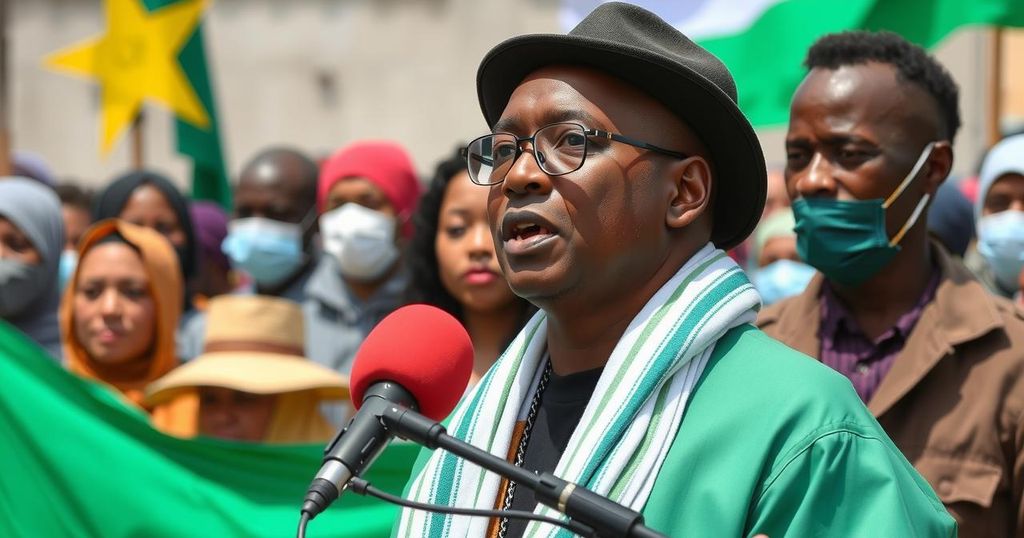Chadian opposition calls for the cancellation of elections set for December 29, citing low turnout and a boycott by civilians. The transitional government, led by Mahamat Idriss Deby, faces accusations of authoritarianism. Despite claims of electoral irregularities, electoral authorities stand by the integrity of the process, indicating upcoming results by January 15. Analysts suggest that despite opposition demands, a nullification of the elections is unlikely.
Chad currently experiences a state of tension as opposition entities demand the cancellation of the upcoming general elections scheduled for December 29, claiming that these elections are fundamentally compromised. Assane Bairra, vice president of the National Agency for the Management of Elections (ANGE), asserted that the agency is actively counting votes and will declare results notwithstanding alleged irregularities. The recent local, provincial, and parliamentary elections were intended to conclude a three-year transitional period initiated post the demise of President Idriss Deby Itno in April 2021. Mahamat Idriss Deby, the late president’s son, was earlier confirmed as the presidential election victor in May.
Provisional results from the latest electoral processes are projected to be released by January 15. Despite ANGE’s confidence in conducting a transparent electoral process, opposition parties contend that voter turnout was significantly lower than the reported 36%, citing widespread civilian adherence to boycott calls as evidence of discontent towards the ruling parties. Avocksouma Djona, the spokesperson for the Political Actors Consultation Group (GCAP), claimed more than 90% of registered voters respected the boycott, driven by public sentiment against what they perceive as a dictatorship under Mahamat Deby.
Further complicating the situation, Succes Masra, president of The Transformers party, has called for a reformed transitional process emphasizing truth, dialogue, and reconciliation, to proactively address underlying tensions that could escalate into violence and social strife. Analysts, such as Yamingue Betinbaye from the University of N’djamena, agree that while the opposition’s claims of boycotts and electoral irregularities warrant attention, it is improbable that the upcoming elections will be nullified, despite their requests.
The Chadian government refutes claims of electoral fraud, asserting that proposals for canceling elections aim to instigate societal chaos. Officials urge citizens not to heed calls for protests that could destabilize the nation.
The political landscape in Chad has been tumultuous since the death of longtime ruler Idriss Deby Itno in April 2021, which resulted in the establishment of a transitional government led by his son, Mahamat Idriss Deby. This transition was initially intended to lead to democratic elections, but the opposition has expressed skepticism about the electoral integrity. Their concerns are heightened due to perceived authoritarian practices and a lack of genuine political pluralism, which they argue have characterized recent political developments. The upcoming elections are seen as critical for political stability or further conflict, depending on their legitimacy and public acceptance.
In summary, significant discontent prevails in Chad regarding the legitimacy of the upcoming elections, with opposition parties demanding their cancellation and a comprehensive new transition. While electoral authorities maintain a stance of transparency and integrity, opposition leaders and analysts express serious concerns about potential manipulation and the substantial boycott of elections. As tensions escalate, the Chadian government remains firm in its position, warning that calls for disorder may jeopardize national stability.
Original Source: www.voanews.com






